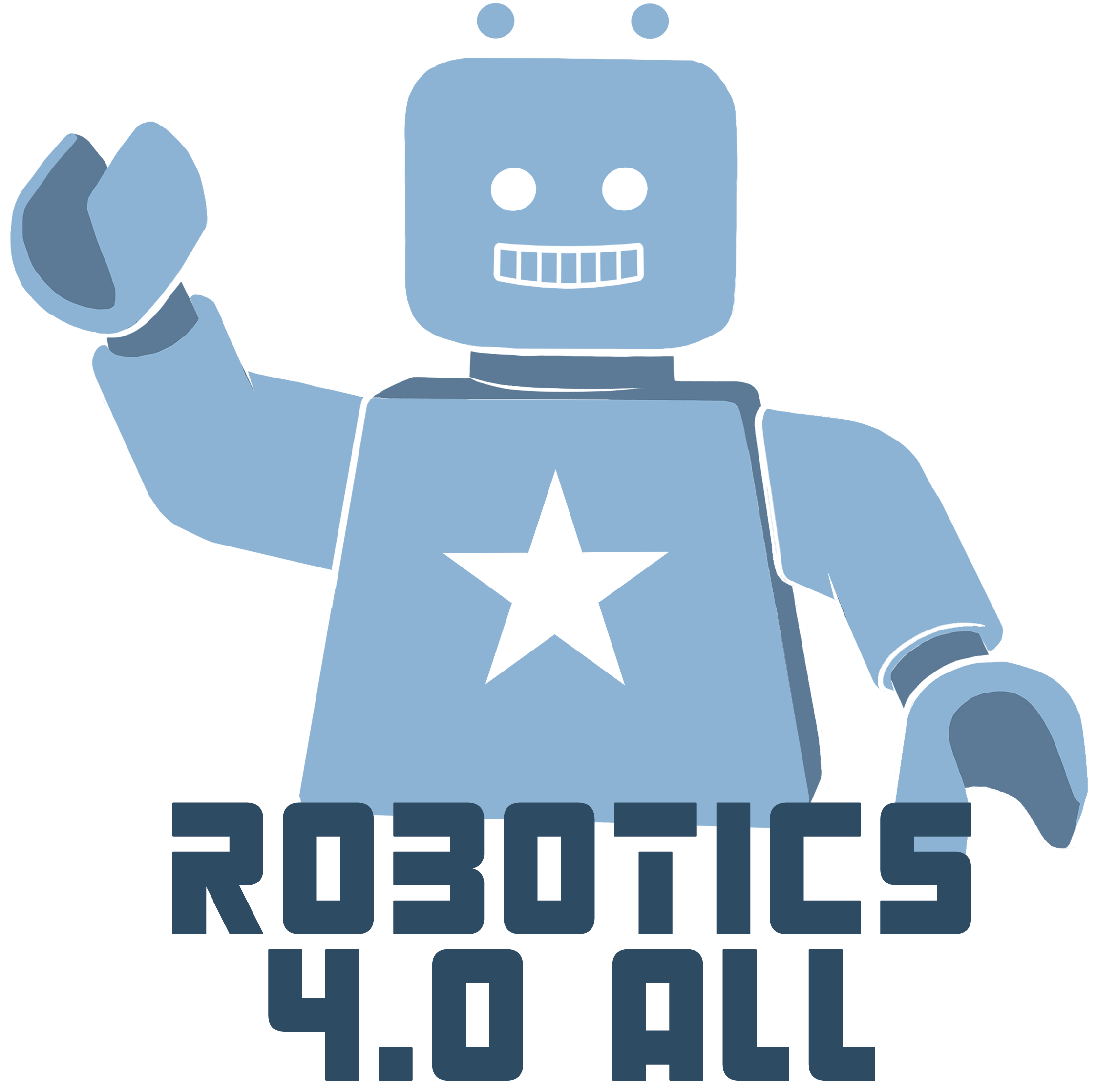news
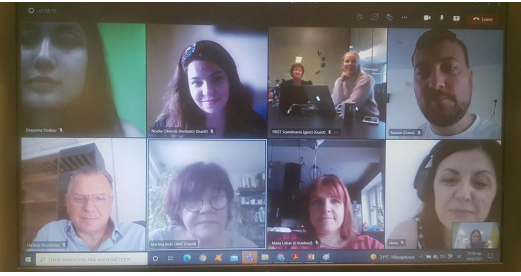
The final transnational meeting held on line
Instead of a regular final meeting to evaluate the project and its results, the partner organizations met online, at the meeting held on 24th August 2021, organized by Eduact. The online meeting was efficient and relatively brief. All the partners emphasized that the project was implemented well and satisfactory for partners and project beneficiaries getting in the account the restrictions in the past year. Nevertheless, the project results were achieved although in a different way than planned and with some serious efforts of all partners and their staff and external experts.
Third meeting
The third project meeting in Sophia, Bulgaria was rather fruitful. During the 11th and 12th December, 2019 the partners had discussed the methodology of the training of robotics students after the ToT done in Bodo, Norway. The finishing touches to the curicullum were done and it will be available during the March 2020. The local Robocamps will start in the February in all the partner countries.
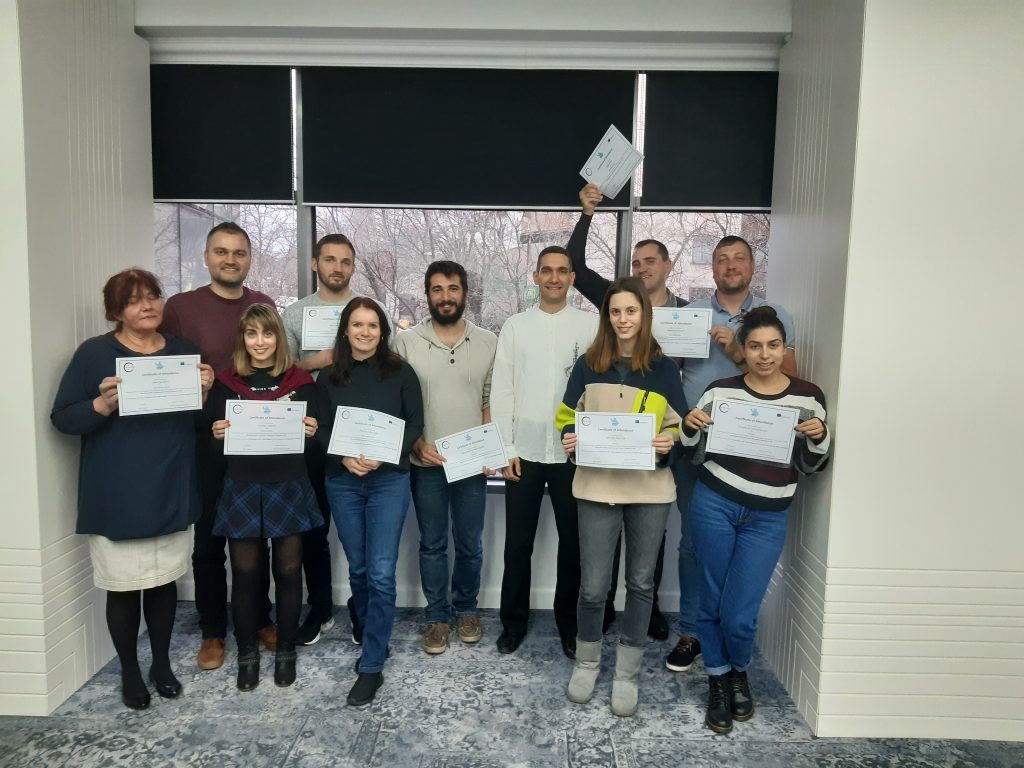
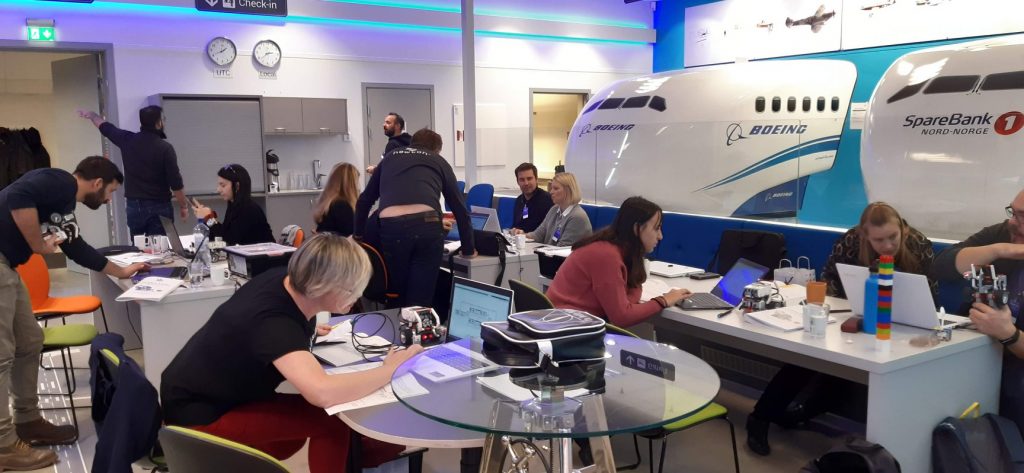
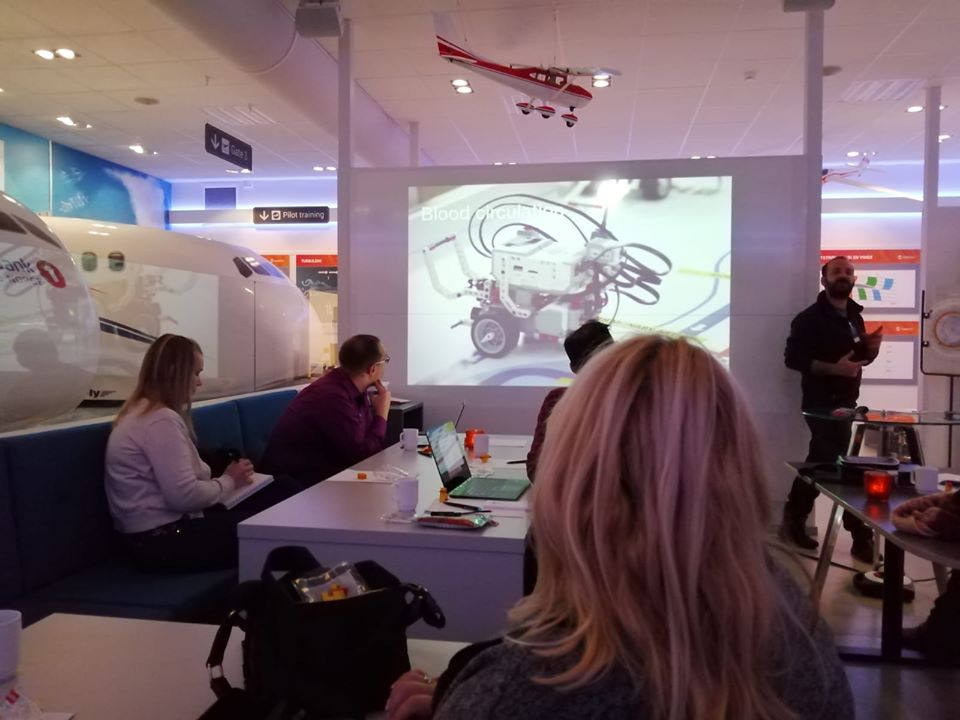
Training of Trainers
(Bodo, Norway, November 2019)
The two trainers from each partner country were at ToT in Bodo under the auspices of experienced robotics teacher from Scandinavia First during the three days. They had used a draft of the curriculum in order to familiarise themselves with proposed methodology that would be used during the local Robocamps. The trainers felt that although curriculum needs some improvements it would be very helpful during their work.
Second meeting
The second project meeting in Tartu, Estonia at the end of May, 2019 has brought forward the results of the research conducted, as well as further planning for robotics curricula development. All the partners were happy to present their national findings regarding the state of robotics education. At the second part of the meeting, new tasks regarding the curricula development were handed out to all the partners. The curricula will be around in November, so pay attention.
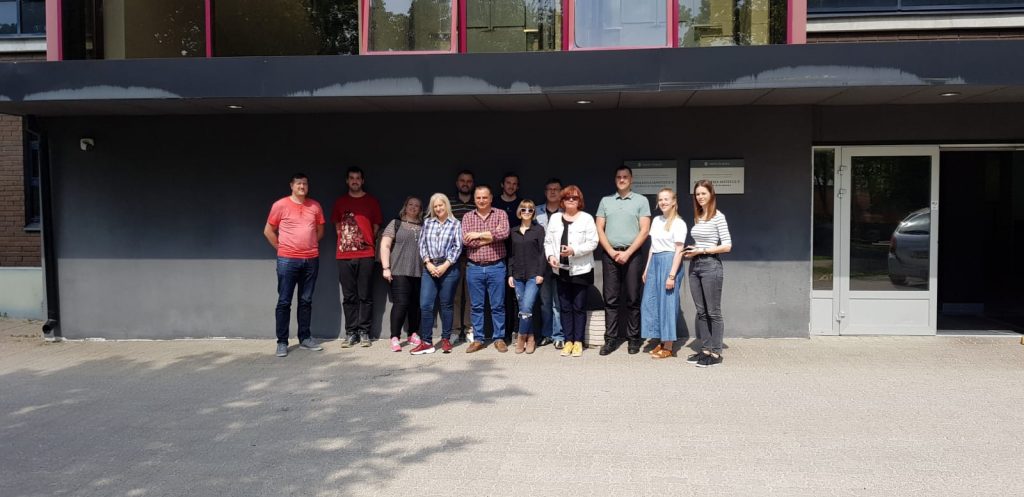
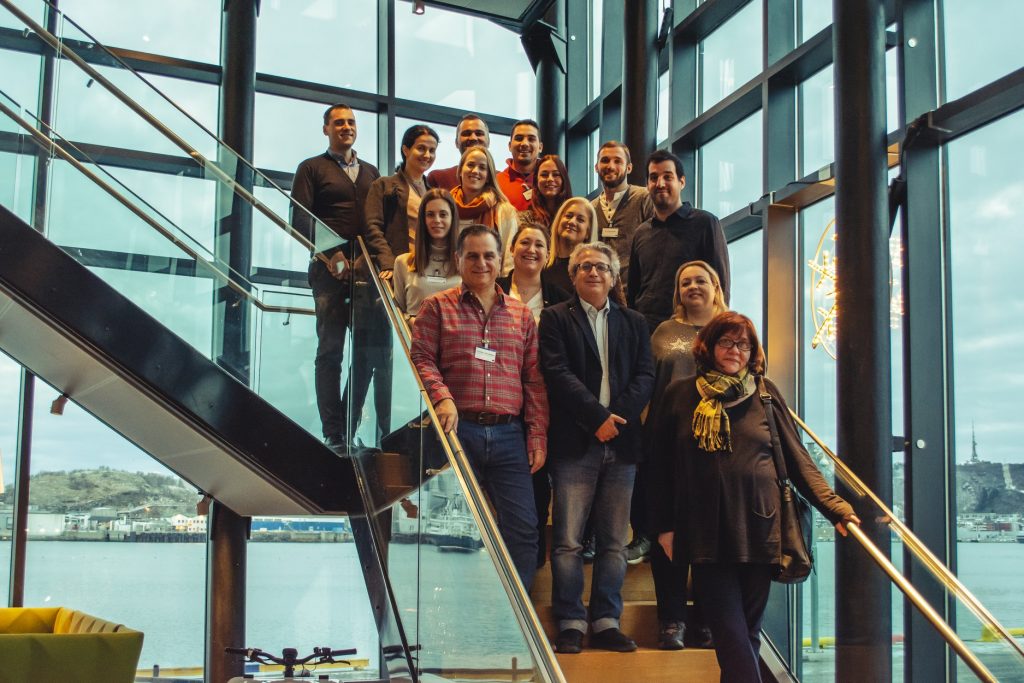
First meeting
METHODOLOGY FOR THE RECOGNITION OF LEARNING OUTCOMES
Through the implementation of project “ROBOTICS 4.0 ALL”, we have brought together organizations with rich experience in educational robotics, as well as organizations with experience in Vocational Education and Training (VET).
Our aim under Intellectual Output 4 (IO4) is to develop a methodological roadmap for the recognition of learning outcomes of educational robotics learners, based on an ECVET, EQF and/or ECTS framework, in order to add value to the practices of the project partners and of other European robotics-VET providers in general.
Although this is an ambitious objective, all partners have worked together on identifying a common and shared transnational methodology (methods, tools and criteria) for the assessment of the learning outcomes acquired during and after the participation in an educational robotics curriculum.
More specifically, all partners have shared their organizations’ and/or their countries’ relevant templates, while wide research has been conducted over the European as well as global methodology and standards for assessment and recognition of learning outcomes, with the ultimate goal being to combine all inputs in order to suggest a pathway for integrated approach based on ECVET, EQF and/or ECTS.
This way, all organizations involved in the project, and especially the VET-oriented ones, will have the opportunity to improve their STEM educational capacity and profile by potentially integrating the robotics curriculum into their VET programmes and priorities.
Based on this notion, this Report’s structure begins with the aim to provide a theoretical background and presentation of the methodological guidelines for designing assessments of learning outcomes to be utilized by various stakeholders, based on ECVET, EQF, ECTS and other standards, and continues with the presentation of the seven partners’ collected results of assessment processes and schemes in their respective countries (Norway, Spain, Greece, Cyprus, Croatia, Estonia and Bulgaria).
Subsequently, an external assessment of the developed Report will take place, where each partner will define 1 external to the project expert to provide feedback for improvement (i.e. “fine tuning”). Lastly, project partners will promote the Report to other VET providers, with a specific aim to Robotics educators, as a means to disseminate it and initiate the further development of such a methodology.
You can learn more by downloading the Report on this Link: methodology for the recognition of learning outcomes
